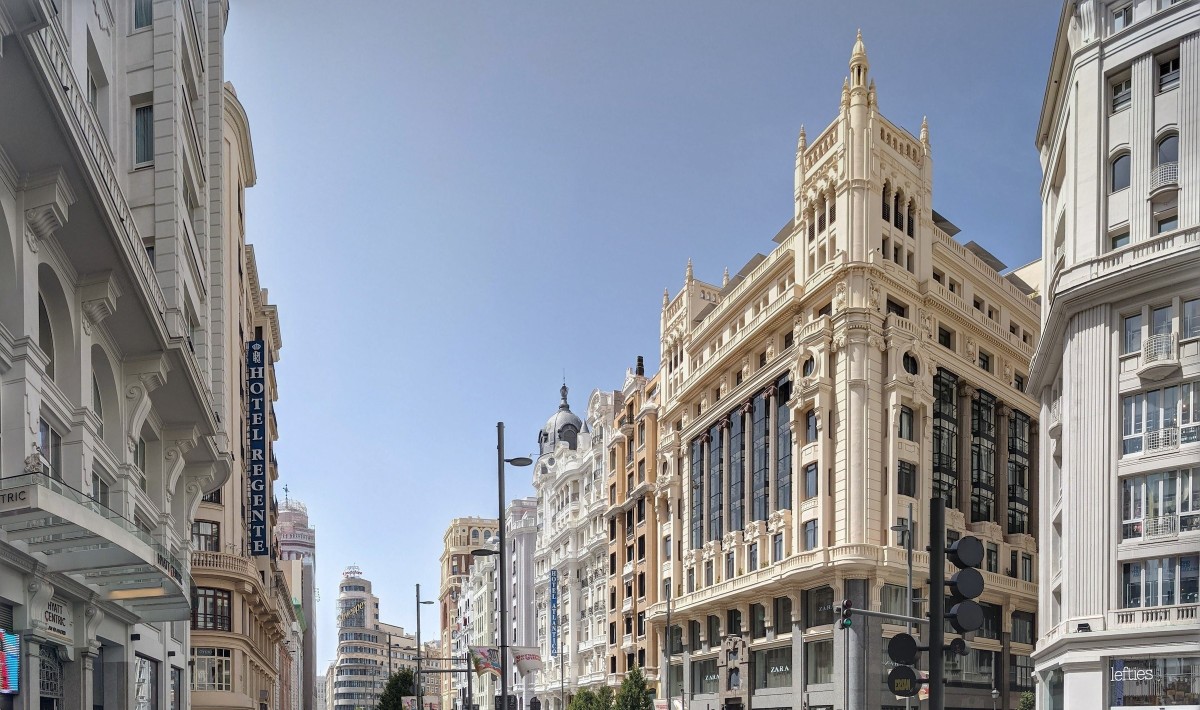
The opening of physical shops in Spain is returning to pre-pandemic levels. According to the Retail in Spain report by the real estate consultancy Savills, in 2022, the availability of high street premises fell to around 7% compared to 10% of vacant premises in 2021, and openings in shopping centres and retail parks grew by 18% with 453 new openings, 10% above the average for the 2008-2019 period.
According to the report, operators' expansion strategies are based on keeping their offline market share in an omnichannel scenario in which sales of retail categories are estimated at 72% in high street stores, 18% in shopping centres and retail parks and almost 10% online.
The most active brands were those specialising in the low-cost, textile, home and pet segments, such as Pepco, JD Sports and Kiwoko in shopping centres and retail parks. Savills highlights the fashion sector's evolution, with a 46% share of openings compared to 27% in 2021. On the high street, the consultancy firm points to growing trends such as digitally native brands opening shops, such as We Are Knitters, Nude Project, LingoKids, Wallapop and Rastreator.
The retail space stock in shopping centres and retail parks has increased slightly by 0.49% compared to 2021, reaching 17.8 million m2. On the high street, the total number of premises in Spain – 543,658 – has also grown slightly by 0.4% compared to 2021, after having reduced by 12% since 2010, mainly due to the increase in surface area of some brands.
In terms of retail density, Spain has 375 m2 of retail space per thousand inhabitants, ranging from 527 m2 per thousand inhabitants in Madrid – the most densely populated city – to less than half that, 250 m2 per thousand inhabitants, in Cantabria, Castilla-La Mancha, Extremadura and Catalonia.
The consultancy firm forecasts that the increase in retail density will predominantly be driven by the retail park format, which represents 64% of the number of projects planned for 2023 and up to 80% in 2024, with an average surface area of 15,000 m2. Most of these projects are located in semi-urban locations, such as Parque Comercial Nexum in Fuenlabrada, Oalma Center in Leon and A Revolta in A Coruña, which represent a new medium-sized retail park format with convenience playing an important role.
The shopping centre segment continues to evolve, focusing on adapting to new consumer habits. The real estate consultancy expects around 30 shopping facilities, totalling more than one million square metres, to be totally or partially refurbished in the short to medium term. The repositioning and sustainability of the centres concerning the environment and the community they serve are aspects that the developers are working on by introducing new uses and certifiable actions that are not only environmentally friendly, by acting on the consumption of water, energy or recycling, but also with measures that have an impact on the surrounding population.